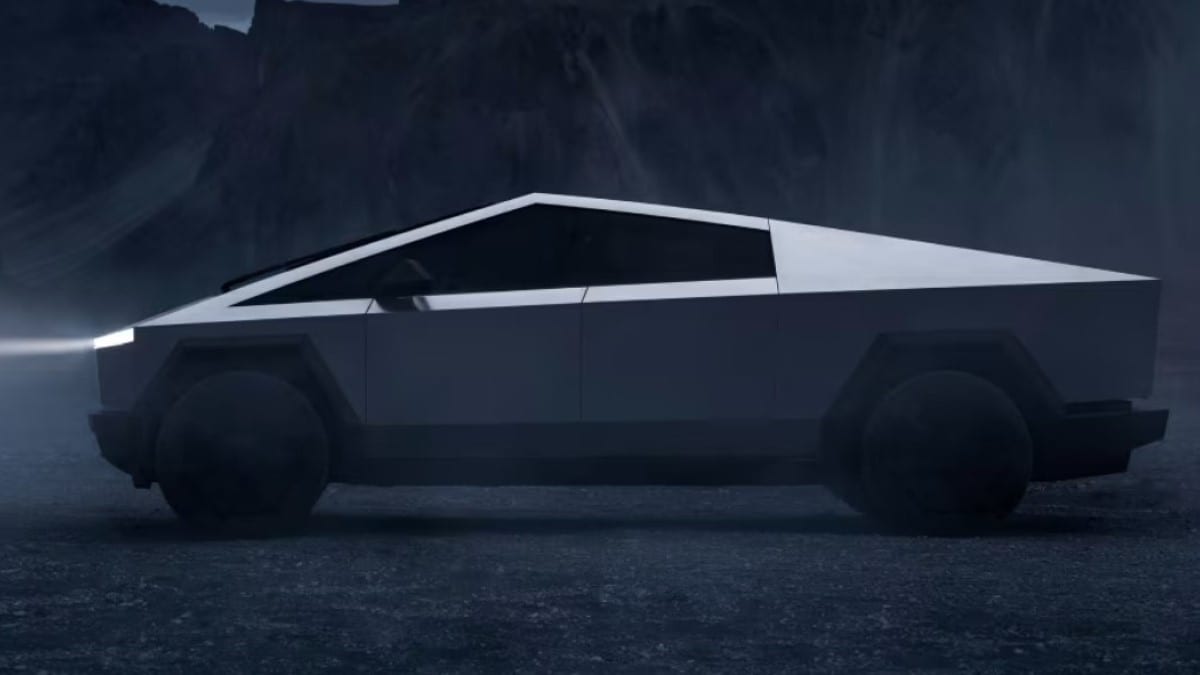Early Cybertruck buyers may be unable to resell their trucks without Tesla’s permission. The company’s on-again, off-again anti-resale provision appears to be back in force.
Electrek reports that Tesla has “re-added a clause to its Cybertruck purchase contract, threatening to sue owners who try to flip their Cybertrucks within the first year of ownership.”
The company inserted a clause into its standard purchase agreement in November exclusively for Cybertruck buyers. The clause stated that, for one year, owners could only resell the truck to Tesla. Tesla would control the price.
If Tesla discovered that an owner had resold a Cybertruck privately, the company would sue. They would demand $50,000 or the profit from the sale, whichever was higher.
The clause then disappeared from the agreement after just a few days.
Now, Electrek reports, Tesla has sent purchase agreements to buyers who have ordered the first run of trucks, called the Foundation Series (hey, Elon Musk’s affection for sci-fi, how have you been?)
The language is still missing from the online purchase agreement Tesla posts on its website. The text now says the company “may unilaterally cancel any order that we believe has been made with a view toward resale of the vehicle.”
Tesla Isn’t the Only Automaker That Does This
The clause has proven controversial among the Tesla faithful. Many have filled message boards with complaints that it should be up to them what to do with their new property.
But resale restrictions are not uncommon with low-volume, high-publicity vehicles.
Supercar builders like Ferrari have tried many techniques to block resale. Ferrari even sells limited-edition cars only to a small list of approved buyers. But even automakers with (slightly) more down-to-earth prices have tried to stop the practice.
General Motors, last year, stripped warranties from some popular models if owners resold them within a year. The company later limited the move to the first six months of ownership.
More recently, Porsche required those interested in its 911 S/T to lease the car for a year before they were allowed to buy it. That rule is too new for us to evaluate whether it’s working.
The move is typically used to stop car scalpers from buying rare new cars and instantly reselling them for much higher prices. That can give automakers a black eye in public, as buyers see the cars sold for massive markups and blame the company that built the vehicle even if it had nothing to do with the sale.








